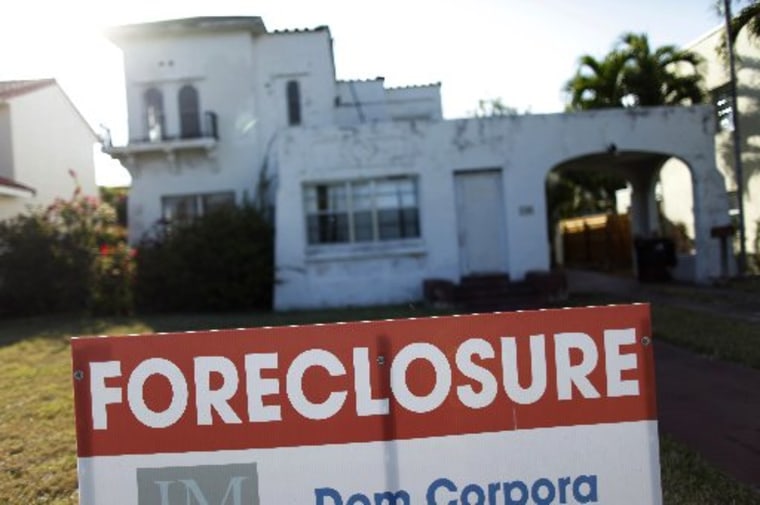It's not just wealth inequality that's on the rise in the United States, according to a new study from the Brookings Institution. Permanent wealth inequality has also increased over the past several decades, meaning that the rich overwhelmingly stay rich and the poor overwhelmingly stay poor.
By analyzing federal tax returns and household income since 1987, the authors of the report found that "that the large increase in inequality over our sample period was predominantly, though not entirely, permanent." For male earnings in particular, "the variance of the transitory component did not increase."
If growing inequality in America is permanent instead of transitory, that means people are more likely to stay exactly where they are on the income distribution. Permanent inequality means high wealth disparities with little to no social mobility.
In recent months, Democrats and Republicans alike have made "opportunity" central to their economic platforms. President Obama coined the phrase "ladders of opportunity" in his most recent State of the Union, and has repeated it frequently since. Meanwhile, prominent Republicans such as Senator Tim Scott, R-S.C., and former Florida Governor Jeb Bush have made increasing use of the phrase "opportunity society." The Brookings report seems to suggest that little of such opportunity exists in the United States, and that class stratification has been growing increasingly rigid since at least 1987.
Federal tax policy has helped to slow rising inequality at least slightly, according to the report, but was "insufficient to significantly alter the broad trend toward rising inequality." While the report's authors found that the federal tax code is relatively progressive overall, other studies have shown that regressive state-level taxes more than offset the progressivity of federal tax law.
The overall rigidity of inequality in the United States may help explain why inequality between black and white families has persisted over the past several decades—and, in fact, has shot up precipitously since 1984.
